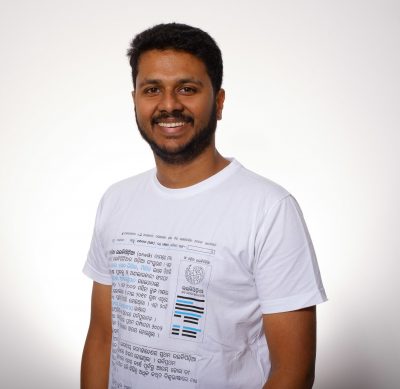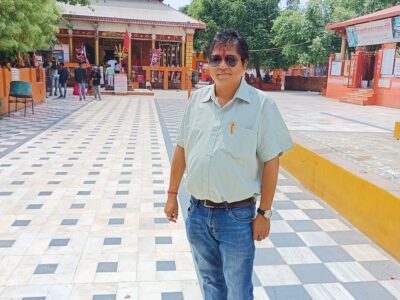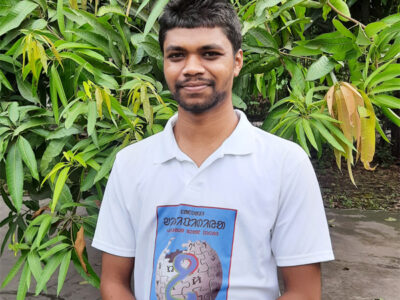Each week, the upcoming host will answer several questions about their background and will give a brief overview of their language. This Q&A is with Subhashish Panigrahi (@subhapa) who provides a sneak preview of what he'll be discussing during his week as host.
Rising Voices: Please tell us about yourself.
My professional background is in catalyzing open Internet/source/knowledge communities and programs in nonprofits like Internet Society, Wikimedia Foundation, Mozilla and Centre for Internet and Society. I am a documentary filmmaker with several films focusing on marginalized rights and communities to my credit including three that were supported by National Geographic. I am also an author of Global Voices have been involved actively with Rising Voices which also happens to be an incubator for many of my digital activism work with mentoship and support from Eddie Avila, Director, Rising Voices. Though I am not an indigenous language speaker myself, I started working closely with the Santali community back in 2014 when I was leading the Project Ol Chiki at the Centre for Internet Society's Access to Knowledge program with a goal to create a typeface for the Ol chiki alphabet (writing system for the Santali language), input tools and Open Educational Resources. Later in 2017 I revived the OpenSpeaks project which I founded in 2015 to create open resources (educational, technical and media) to help communities document endangered and other marginalized languages. With a few other like minded Wikimedian friends, I co-founded O Foundation (OFDN), a nonprofit that works on marginalized issues on the Internet with Openness, advocacy and media development in its core.
RV: What is the current status of your language on the internet and offline?
My native language is Odia and I speak the northern dialect called Baleswari at home. It's in a fairly good shape through there are many challenges that need to be addressed. The language is an official language of the Indian state of Odisha and is used in elementary till master-level and even beyond in education. It is yet to be widely used for governance and legal sectors. There is an active film and media industry. Thanks to the mobile apps, many mobile Internet users of all age groups now share content on the Internet—particularly on social media. There is an Odia-language Wikipedia and two of its sister projects—Wikisource and Wiktionary—that are active at the moment with a contributor community of about 25 volunteers. There are several online news, literary and other web portals and blogs. There are also a handful of YouTube channels, particularly food vlogs.
RV: On what topics do you plan to focus during the week that you’ll manage the @AsiaLangsOnline Twitter account?
As my curation week happens to be during the International Day of the World’s Indigenous Peoples, a day initiated by the United Nations to celebrate the diversity of indigenous peoples around the world, I will be sharing some of the issues, challenges and opportunities about the marginalized communities of my own region—South Asia. I have worked with many communities myself and I am currently working with Ramjit Tudu, a friend and digital language activist from the Santali community who is leading the Marginalized Community Council at O Foundation—I will be sharing some of the learning from many marginalized community leaders from the first meeting of the council.
RV: What are the main motivations for your digital activism for your language? What are your hopes and dreams for your language?
My work actually involves a significant amount of work in different marginalized languages of my region and some work in my own language. I personally see the lack of media, technical and educational resources as a vital issue with the access to digital rights of marginalized communities. My biggest challenge and goal is to identify communities whose digital rights are under serious threat, work closely with them and co-create resources that could help address those challenges. I dream of seeing an equitable Internet where every single community has equal access to knowledge and the power and the required resources to contribute to the knowledge commons.




